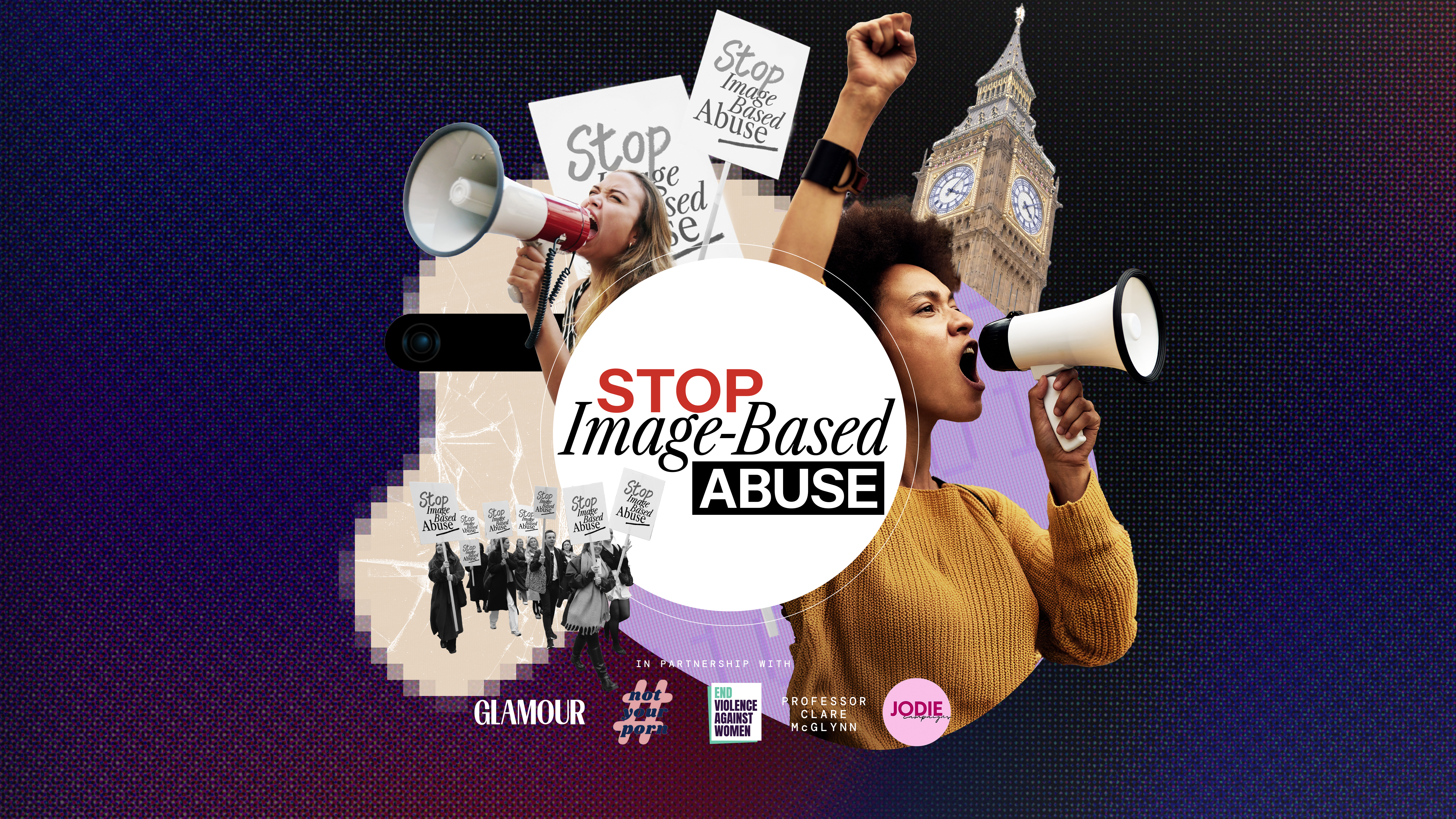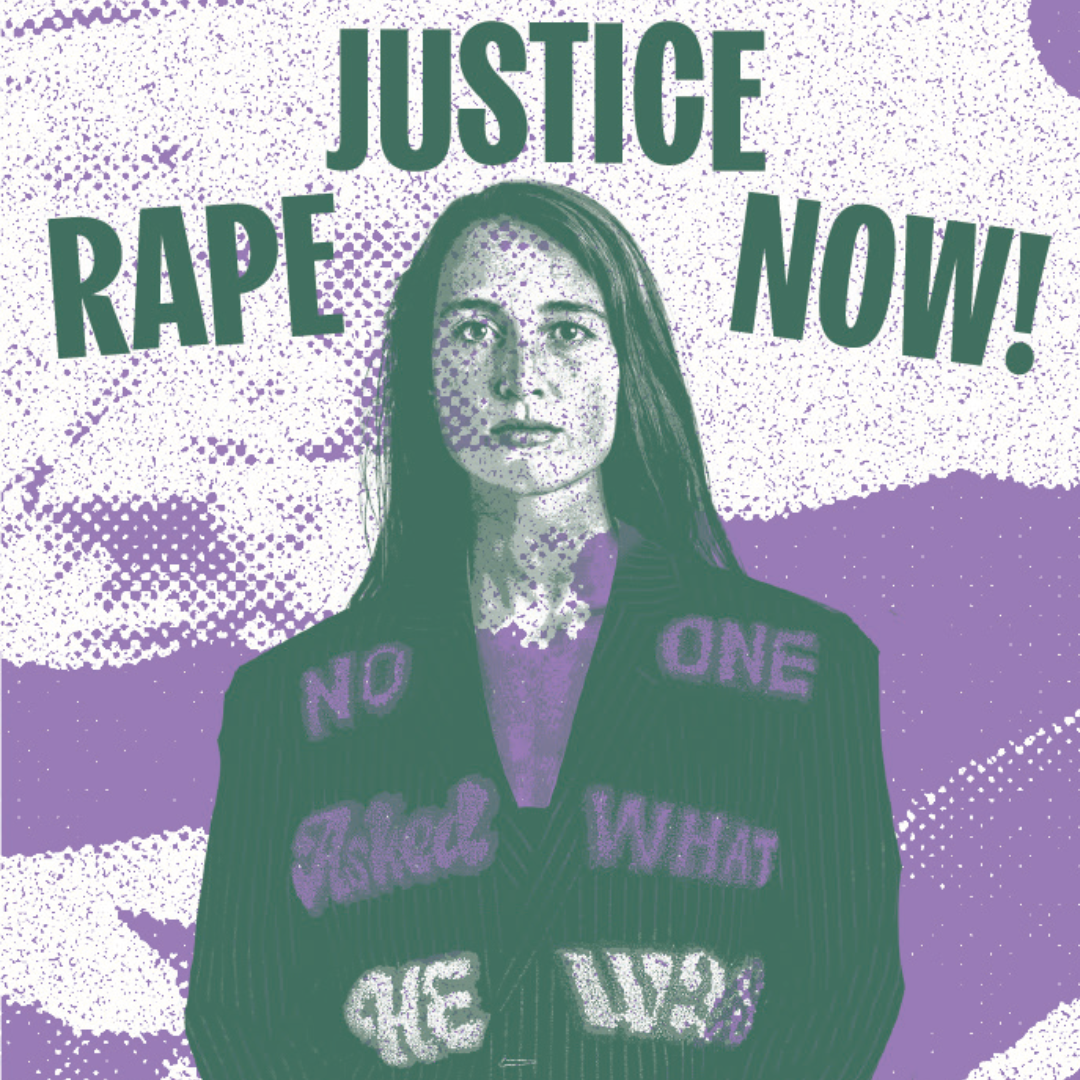 18 Feb
18 Feb
Yesterday (22nd July 2025), the Law Commission published its long awaited report into sexual offences, making 72 recommendations to improve the understanding of consent and sexual harm in the criminal justice process, improve treatment of victims and ensure defendants receive a fair trial.
The report acknowledges that rape has long been treated differently from other crimes, and notes the gap between the law and what is seen in practice; highlighting the persistence of rape myths as a way to discredit survivors and biases and misconceptions among jurors as key barriers to justice.
It sets out the four broad categories of misconceptions:
- Beliefs that wrongly blame the victim for their rape
- Disbelief in reports of rape
- Beliefs that tend to exonerate the perpetrator
- Beliefs that only certain types of women are raped
The context for rape survivors
Every year 128,000 adults in England and Wales, over 90% of them women, are estimated to be raped according to the Office for National Statistics Crime Survey data. While increasing, the number of rapes reported to the police are low by comparison.
In the last year, the police referred 6,104 adult rape cases to the Crown Prosecution Service for a charging decision, resulting in 1,368 convictions. It is noteworthy that the number of cases the police refer for a charging decision pales in comparison to the number of rapes reported to the police, and even fewer still than the 128,000 adults raped each year.
For those who do report rape to the police, the latest data shows a shocking 69% of adult rape victims are withdrawing from the case due to years-long delays to their cases progressing past the investigation state or reaching trial – if prosecutors decide to proceed with a prosecution at all.
This puts significant emotional strain on victims who are left in limbo and impacted by excessive and intrusive requests for their personal information such as private therapy records and text message history, poor communication and mistreatment by the police and prosecutors, and an inappropriate focus on victims’ perceived credibility rather than the suspect’s actions.
It is clear that the justice system is failing rape survivors and leaving perpetrators to harm women and girls without consequence. This failure was acknowledged by the government in 2021 when it issued a landmark apology to rape victims and launched the Rape Review to explore how this can be addressed at every step of the justice process.
Welcome recommendations to transform the justice system
Having long campaigned for an overhaul of the justice system response to rape and sexual offences, we welcome a number of the Law Commission’s recommendations to government. These include:
Independent legal advice and representation for victims to make sure there is greater scrutiny when their personal records or sexual history evidence are being requested and/or handed over to prosecutors. It sets out that this needs to be publicly funded and available to all complainants, and that victim representatives should be permitted to engage directly with the police, prosecution and defence, have access to necessary documentation and make representations at court.
We very much welcome and endorse independent legal advice and representation for rape victims, which we have long campaigned for. This recommendation recognises the increased rights that should be afforded to victims in the trial process. These proposals should be integrated into the Independent Legal Advice scheme currently being piloted in London to ensure that victims are able to access representation not just at court but at earlier points in the legal process.
Increased restriction on evidence of the victim applying for Criminal Injuries Compensation Scheme (CICA), so that it can only be admissible if it has substantial probative value that is of substantial importance in the context of the case as a whole, and its admission would not significantly prejudice the proper administration of justice. We support this recommendation which will help address myths and misconceptions about why rape survivors report what has happened to them.
Measures to assist with giving evidence, including renaming “special measures” and creating an entitlement for the victim to be able to access and use screens, live link, pre-recorded evidence, exclusion of the public during the victim’s evidence, removal of wigs and gowns, presence of a supporter, separate and accessible entrances and waiting rooms.
While we welcome these measures, such entitlement should already be the case, albeit that this recommendation would remove the requirement for a victim to justify why these may be needed. This recommendation means a less burdensome process for victims and greater consistency in practice.
Admissibility of expert evidence. The Law Commission recommends that expert evidence on the general behavioural responses to sexual violence should be admissible to address myths and misconceptions in particularly complex sexual offences trials.
Inclusion of guidance in the Crown Court Compendium that direction on myths and misconceptions should be given to the jury when there is a risk they will impact its decision. However, we are clear that this should not be left entirely to the judge’s discretion and there should in fact be a presumption of judges making this direction to the jury.
While the Law Commission recommends consideration of adding further examples of rape myths to the Crown Court Compendium, we would go further and say this is wholly necessary, together with specialist in-person training provided to the judiciary, at more regular intervals.
Research on juries through a legislative change that would allow researchers to communicate with jurors and research juror deliberations in order to further an understanding of how juries operate.
Mandatory training for all legal practitioners on myths and misconceptions, as well as amending the Bar Standards Boards to amend its Code of Conduct to state explicitly that that the use of generalisations based on myths and misconceptions is prohibited and reliance on myths and misconceptions could result in professional misconduct consequences – with additional guidance for judges on identifying and responding to this when deployed by advocates.
We welcome the introduction of additional levels of accountability in court proceedings, with a particular focus on barristers and their independent regulators. We are clear that this form of personal liability is likely to assist in improving behaviour.
Areas of concern within the Law Commission’s recommendations
Despite these welcome recommendations, we are concerned about a number of other recommendations the Law Commission has made. These include:
A new model for sexual behaviour evidence in trials. The Law Commission prohibits this unless (1) it has substantial probative value in relation to a matter in issue in the proceedings, which is of substantial importance in the context of the case as a whole, and (2) its admission would not significantly prejudice the proper administration of justice.
We are concerned that ‘substantive probative value’ could provide a wider basis for introducing sexual history evidence than the current model set out in section 41, with greater reliance on judicial discretion and their ability to recognise where myths and misconceptions are being introduced to undermine the victim’s evidence.
We are also concerned that the second part of the test, which relates to the administration of justice, could translate as being solely concerned with a defendant’s right to a fair trial, to the detriment of considerations about the survivor’s right to privacy, or risk of reliance on myths and misconceptions.
We echo the concerns of our colleagues at the Centre for Women’s Justice, who state that this proposed model gives “judges significantly more leeway and will result in more sexual behaviour evidence being admitted, as well as greater inconsistency”.
If this recommendation is taken up, a rigorous Independent Legal Representation model will be essential in ensuring that sexual history is not incorrectly or inappropriately brought into the justice process as evidence. High quality judicial training will also be necessary.
Use of victims’ so-called “bad character” to introduce previous reports and disclosures of rape. The Law Commission recommends that such evidence is brought into the justice process via sexual behaviour evidence, as set out above.
We are clear that it is inappropriate to include a victim’s previous allegations of rape within the context of “sexual behaviour”. It is sadly not unusual for a woman to be raped or sexually assaulted more than once across her lifetime. A victim who has been raped before, in an unrelated and unconnected incident, should not have this trauma referred to or considered as “sexual behaviour” in the same bracket as other evidence of consenting sexual contact. Doing so fails to fully appreciate the significant difference between sexual violence and consensual sexual intercourse.
The Law Commission fails to properly deal with this issue, or make a strong enough recommendation. We will continue to advocate for the government to take up our proposed amendment to section 100 of the Criminal Justice Act. This would prevent defence lawyers from undermining the victim by cross examining her about her previous reports and disclosures of sexual violence unless there is a solid basis for asserting that the report or disclosure was false. See our full briefing here.
Defendants’ bad character evidence. Despite recognition that defendants’ bad character evidence is being routinely underused and awareness that it is being misapplied, the Law Commission makes no recommendation on this point. This is a missed opportunity.
We support the Centre for Women’s Justice in calling for clearer admissibility of intimate partner offending, including sexual offences, coercive and controlling behaviour, physical domestic abuse and other abusive conduct such as harassment, stalking, whether during or after the relationship has ended. This would be a codification of existing case law under R v Balazs. It would mean that juries could be presented with evidence of a pattern of offending that could assist their decision-making with regard to the defendant’s likelihood of committing similar offences.
Good character evidence. The Law Commission accepts that there is an imbalance in relation to good character evidence, but recommends no reform. The defendant is entitled to bring in evidence of their good character, including statements from parents, teachers, sports coaches and community members that paints them as ‘a pillar of the community’. We know that good character evidence is often used to reinforce the misconception that a rape conviction is the worst thing that could happen to a young man. However, in contrast, good character evidence is rarely admissible for victims to bolster their credibility. While there is a recommendation for a jury direction from judges, this is another missed opportunity to limit the extent to which often irrelevant “good character” evidence is relied upon by defendants.
Recommendations we are cautious about
Introducing a new regime for accessing personal records (such as therapy notes) and handing them to prosecutors, where there is a reasonable expectation of privacy. This recognises that there remains disproportionate and inconsistent requests to access rape victims’ personal records.
The Law Commission recommendation proposes a test that personal records can be accessed and handed to prosecutors if “it is likely to be relevant to an issue at trial or to the competence of a witness to testify and the access/production must be necessary in the interest of justice”.
We note that the Law Commission considers their approach to offer greater safeguards and clarity than those set out in the Victims and Prisoners Act, which created specific protections for survivors’ counselling notes – a campaign we won alongside the Centre for Women’s Justice, Rape Crisis England & Wales and Rights of Women.
We have confidence in the provisions that now exist in law and are working to influence the Code of Practice and definition of counselling, as well as how the provisions will be implemented in practice, given there is strong justification for a specific regime that deals with counselling.
We do however support the Law Commission’s recommendations for judicial oversight, having originally campaigned for this as a way of affording greater scrutiny of decision making regarding personal records.
Specialist Courts. The Law Commission recommends specialist courts for serious sexual offences trials, with specialisation within existing court buildings and improved access to measures to assist with giving evidence, additional training for court staff on trauma informed practice and prioritised listing.
We are keenly aware that the government has already committed to introducing Specialist Courts, but it has appeared to have stalled in any implementation. We are concerned that without proper resource and prioritisation, particularly when it comes to listings, this remains unachievable, especially given the inadequacies of the current facilities and technology within the court estate, as well as the current focus on the recommendations and potential implementation on Leveson’s Review.
More Radical Reform. The Law Commission does not recommend what it describes as more ‘radical reforms’, i.e. juryless trials, juror screening, or a panel of judges. It explicitly does not recommend pilots of any proposals that would substantially alter the trial process.
We have previously advocated for a specialist commission to explore juryless trials in more detail, which could be an option to reduce the extreme backlog. We continue to propose such a trial, with a particular interest in the extent to which this may affect use of, and reliance on, myths and misconceptions in the courtroom.
Rebecca Hitchen, Head of Policy & Campaigns at the End Violence Against Women Coalition (EVAW), said:
“The considered and comprehensive approach of the Law Commission over four years has resulted in a detailed and lengthy report. This piece presents our initial reflections whilst we give all the recommendations further consideration.
After years of campaigning, we welcome recommendations for independent legal advice and representation for rape victims, which would be a crucial step towards better supporting survivors in the trial process. Such support could mean the difference between survivors continuing with a prosecution and accessing justice, or them being further harmed by a process that all too often relies on myths and misconceptions.
We are pleased with many of the proposals and the specific focus on trials and court processes. We believe increased accountability, increased training of lawyers and judges and mechanisms to make access to measures aimed at supporting victims to give evidence can only be a good thing.
However the Law Commission could and should have gone further, particularly around Bad Character evidence of the defendant, by making it clear that previous convictions connected to domestic abuse and sexual violence can, and should, be included as evidence.
There are also some proposals that give cause for concern. We are as yet unconvinced by the recommendations on how sexual history evidence should be dealt with and oppose the suggestion of how previous experiences of rape should be treated under this proposal. We will continue to push for change via our #BadExperiencesNOTBadCharacter campaign.
We also disagree with the assertion that they have proposed a better protection of counselling records than the one we campaigned for and now exists in law. There are specific reasons why counselling records should be treated differently to other ‘personal records’.
As always, any and all recommendations taken up by the government must be matched with significant funding to ensure that they result in the real term change for women and girls that is so desperately needed.”
ENDS
Recommended ARTICLES
 18 Feb
18 Feb
 16 Feb
16 Feb
 12 Feb
12 Feb

